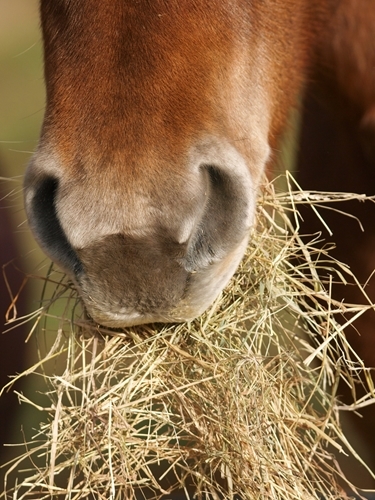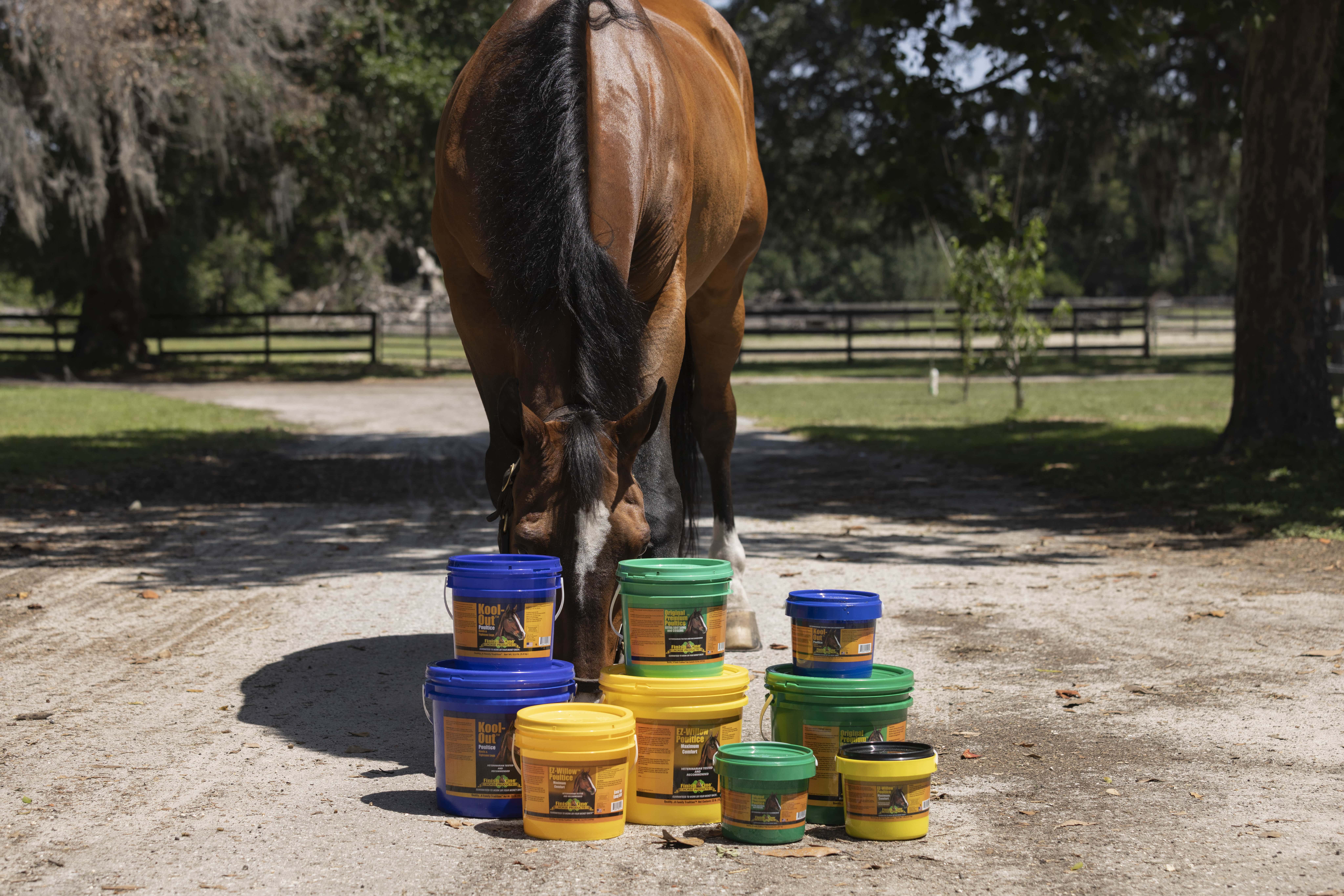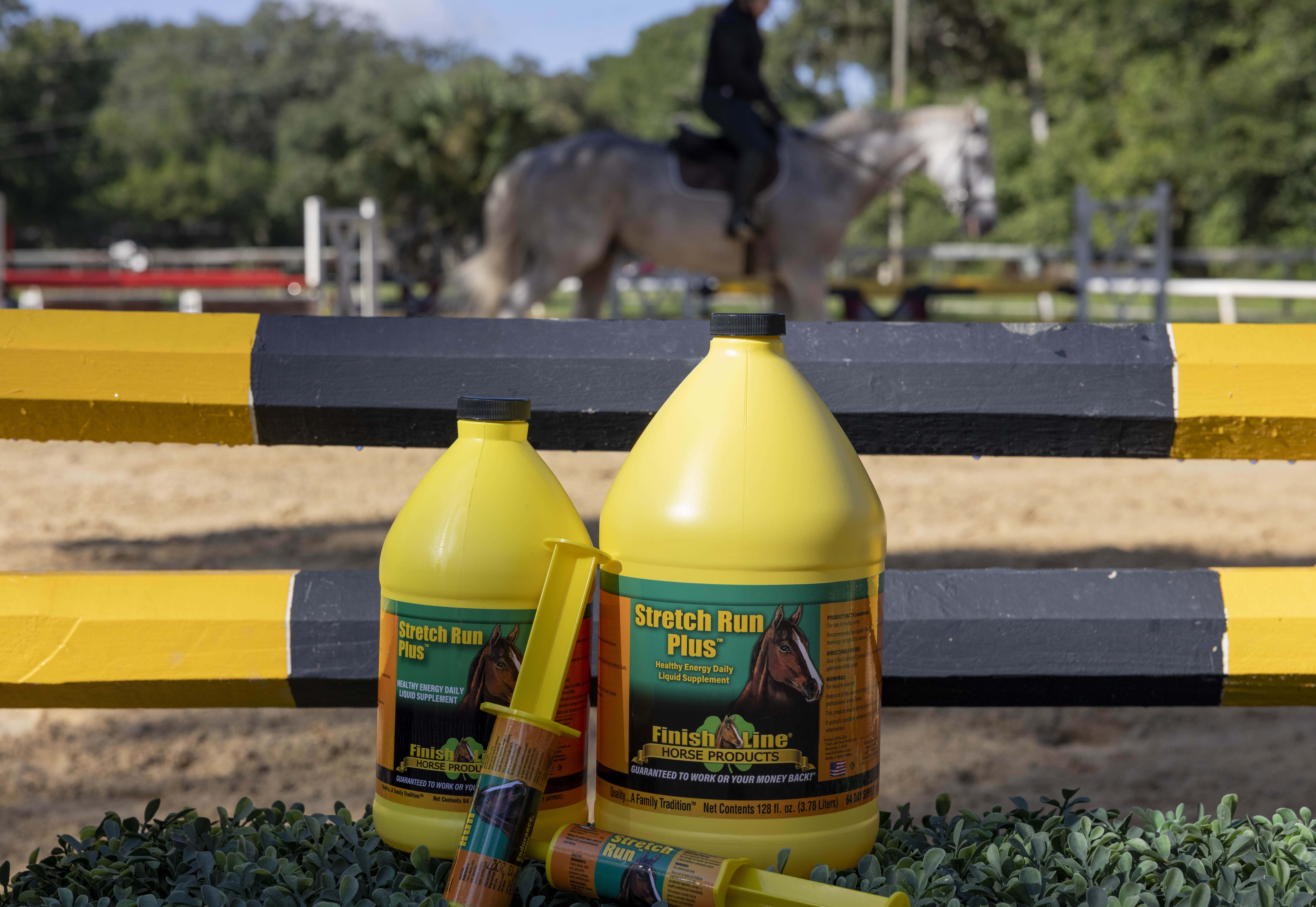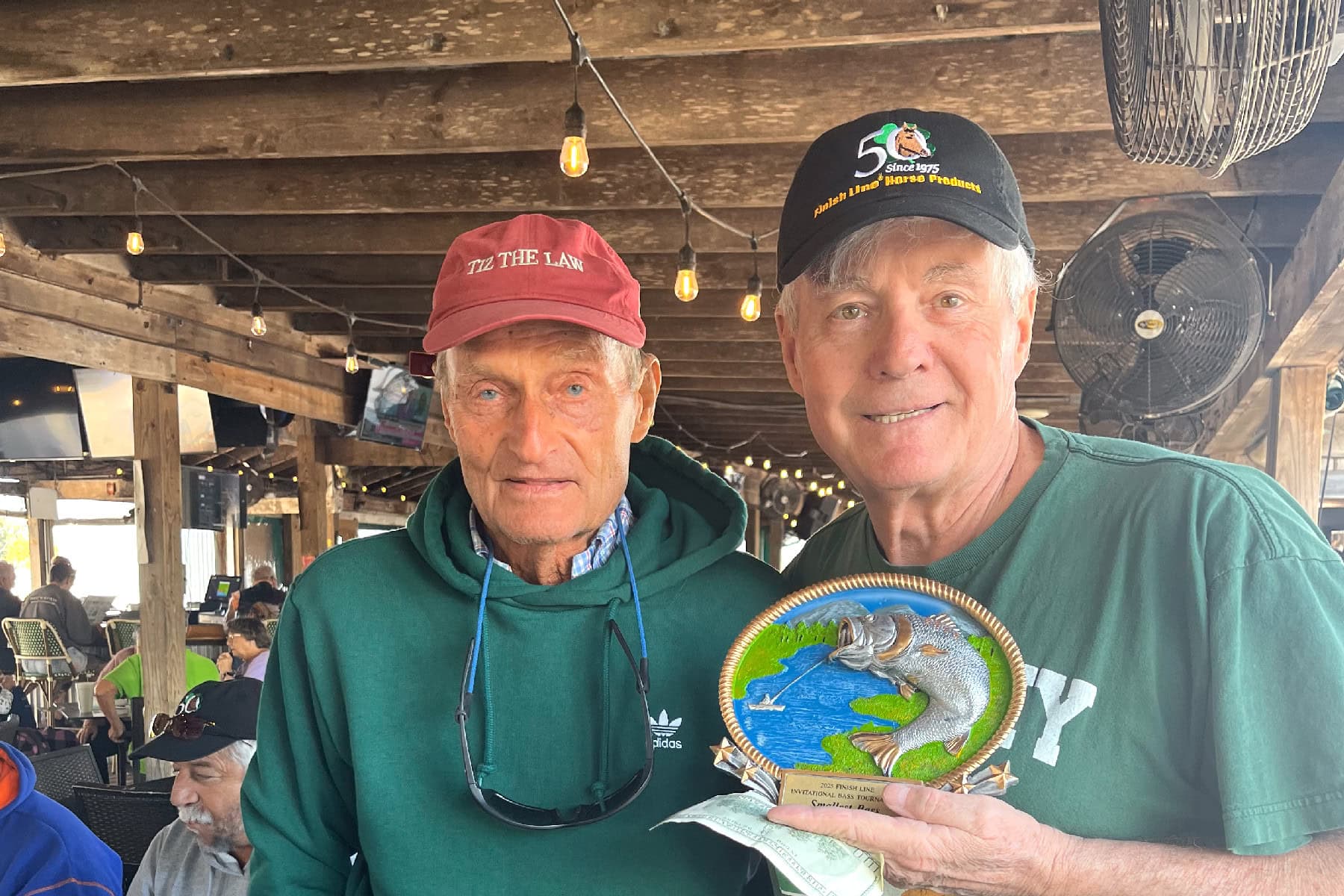Whenever your horse suffers a setback, be it an illness or injury, adjusting its nutrition is a crucial role in its rehabilitation. Because of pain or discomfort, a horse’s appetite may fluctuate, and it might not be motivated to eat the necessary feed it needs to maintain its weight and metabolism. Different types of feed and supplements can also cater to what the horse is going through specifically, such as boosting the immune system during a sickness or repairing muscle tissue after a sprain. Whatever ailment your horse may endure, here are some proper nutrition tips that may enhance or boost its recovery:
Calorie intake and fat storage
When a horse is active, almost all of the calories it uses throughout the day are derived from fat stored within the body. This is what helps the horse maintain its energy level and keep its metabolic rate where they need to be. However, once a horse is inactive for a substantial duration, from either injury or illness, calorie usage from body fat decreases, meaning that the horse will need to obtain energy from other bodily sources, such as stored carbohydrates or other body tissues. This can be detrimental for the healing process of an animal in poor health, as the horse will use up protein and carbohydrates to maintain its energy levels, depriving other parts, such as muscles or organs, from receiving the necessary nutritional intake they need.
To make up for the lack of calories processed through body fat, it’s easy to think that the short-term answer is to increase the amount of feed a horse receives. However, this is a common misconception that usually leads to the horse adding on unnecessary pounds, which can put excess stress on an injury. Overfeeding can also make your horse more agitated, as the excess in energy may result in feelings of frustration while being stalled. Instead of adding to the amount of feed a horse is consuming, it’s usually a better idea to switch to a higher quality of food, or to a product that’s bursting with more vitamin and minerals.
Horse supplements can also be an easy solution to ensure your animal is getting the necessary nutritional requirements it needs, without having to increase intake. If you’re concerned about depleting energy levels in your horse, consider adding some vitamin supplements to its high-grain meals. Vitamin E has been known to help convert food into energy, and is also great for helping animals under severe stress from an injury or illness calm down.
Increasing protein
While it’s generally not advised to increase the amount of food you provide for your immobile horse, upping its protein intake during this time may help boost the healing process. Boosting protein consumption can also play a pivotal role in helping a horse maintain its recommended body weight during the duration of its convalescence. Make sure you look over the nutritional contents of the hay or feed you’re providing for your horse, and find one with the right amount of protein it needs during its recovery.
Addressing lack of appetite
A common response of injured horses is lack of appetite, which can be tricky to treat. The most important thing to do in this situation is make sure you identify the ailment. Work with your veterinarian to determine the root of the problem and correct it. In the meantime, don’t make any drastic changes to your horse’s diet, even if it isn’t eating as much as it used to. Keep its meals as simple as possible, while still using a quality source of hay. As the health issue is treated, it’s likely that your horse’s appetite will eventually return back to normal.
During times like these, using U-7™ Gastric Aid is a way to help promote healthy digestive function for your horse. It’s also a very palatable supplement, as it has several natural active ingredients in its recipe. Always contact a veterinarian if you don’t see any progress with your animal’s appetite.








